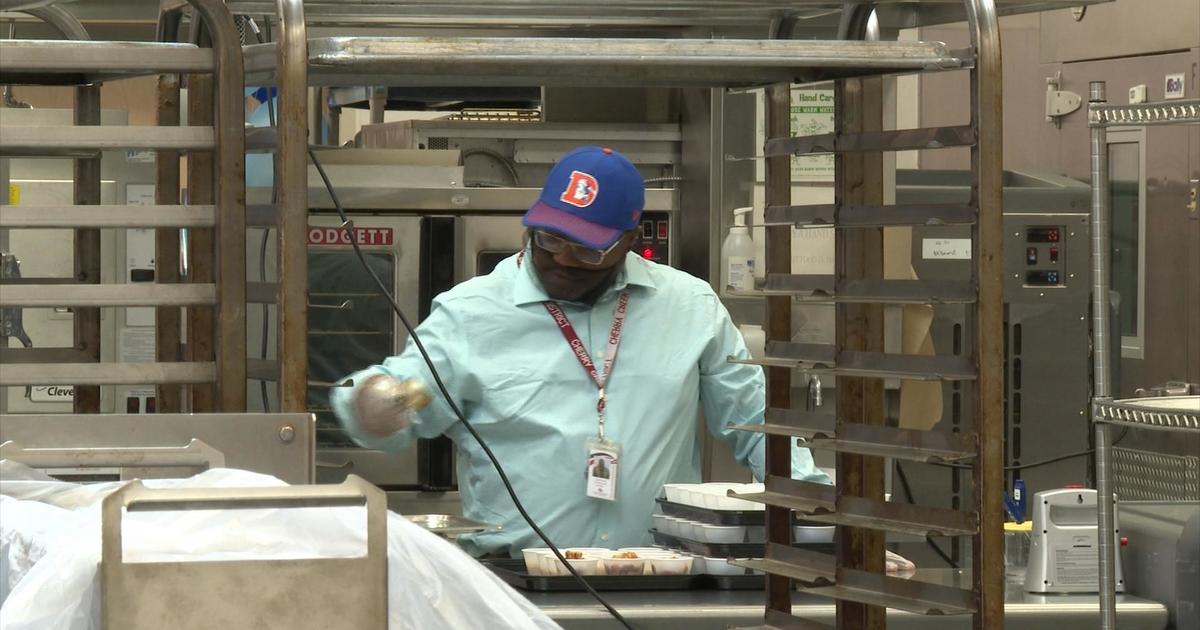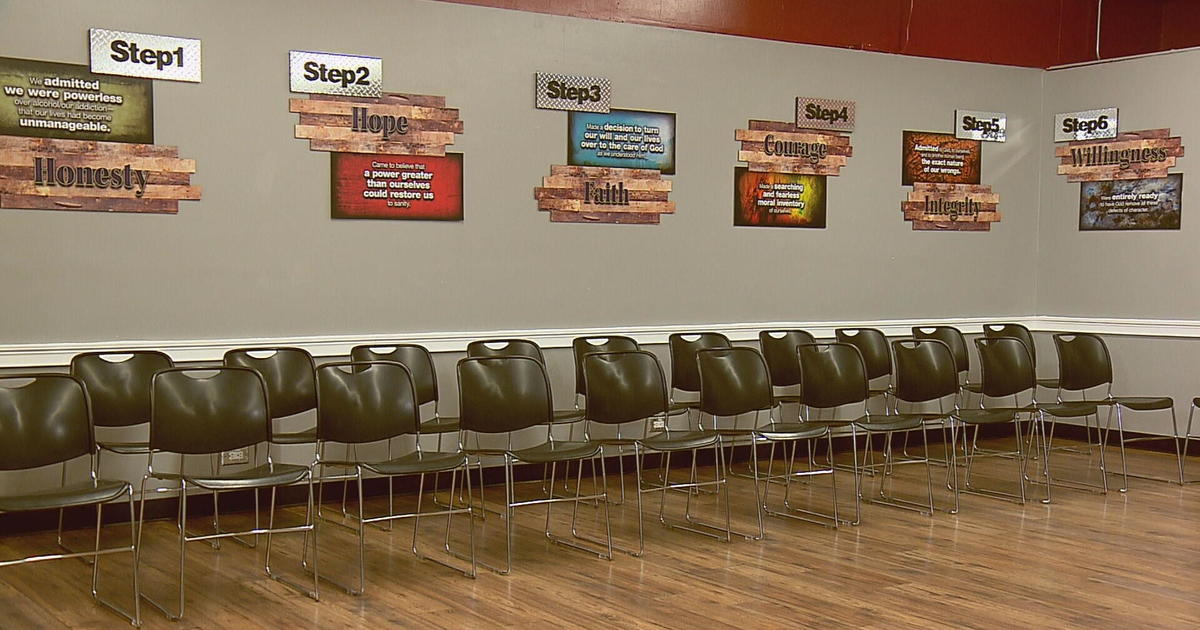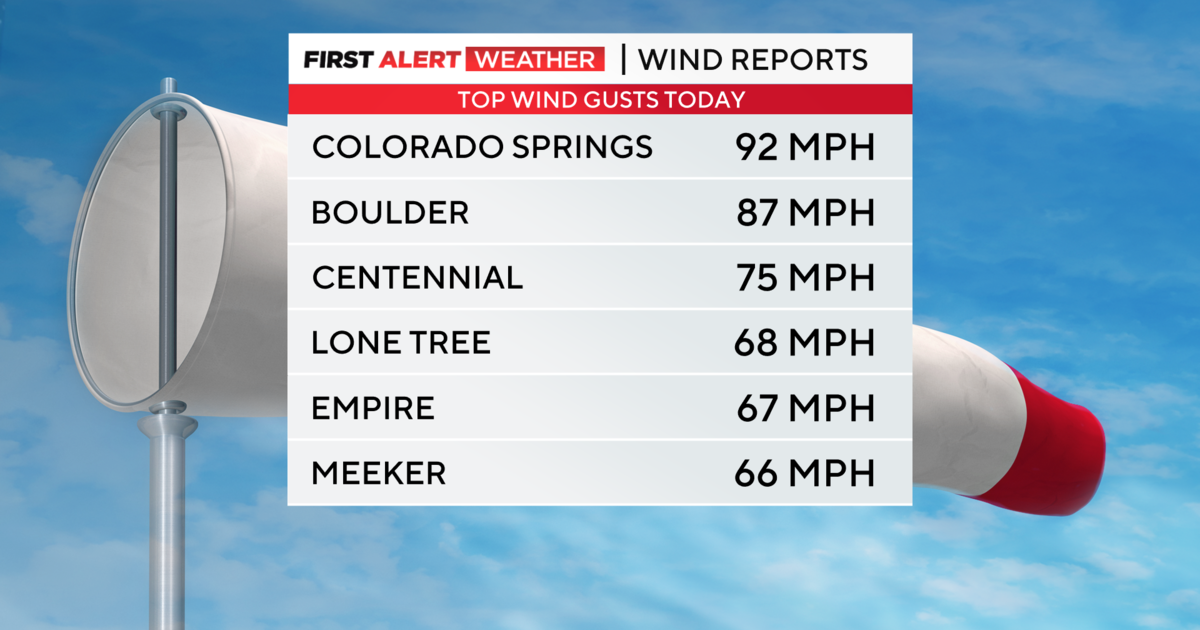Avoiding The Burn
We love our sun, but don't love the little voice in the back of our heads murmuring warnings about the risk of cancer from those warm, soothing rays. But those murmurings can be quieted with a little common sense spelled sunscreen.
Admittedly, even the best sunscreen isn't perfect, but a good one can make a major difference in cutting your risk of having a dermatologist cutting out or burning off a skin cancer that got its roots in a sunburn you got the day you forgot to slather on some protection.
So here are some key points for keep your skin from looking, and feeling, like it touched a frying pan.
- Don't go with less than an SPF 30, and don't waste your time going with one greater than 50. The lower numbers aren't very effective and the higher ones don't give you that much more protection—maybe 1%, if that. Plus, make sure you use a broad spectrum product.
- Reapply every two hours, no matter what product you use. And if you hit the water, reapply after you towel off.
- Light skin and freckles? You bet, your risk is higher and your need for sunscreen greater. But even folks with darker, easy to tan skin can get skin cancer, too.
- How about lotion vs. spray? Most experts say lotion wins out, but for those hard to reach places, such as your back, a spray can be just the ticket. One key piece of advice for sprays, though. Don't inhale. Those micro-chemical particles are not lung friendly.
- Don't be cheap. Lather it on. Spray it on. Then do it again. The old "shot glass" amount advice doesn't apply any longer.
- Don't rely on the SPF in your makeup to protect you if you're out and about for more than a few minutes. Sure, they help some, but not for more than some.
- Remember, it's never too late to be a sunscreen convert. It is true that childhood sun exposure is responsible for the majority of later-in-life skin cancers, but catch too many rays at an older age -- and that may be just enough gasoline to ignite a smoldering pre-cancer that's trying to decide whether to sprout on your skin.
- Finally: Apply early and often. The often we talked about-- the early means give the sunscreen time to work before heading out. It takes about 15 minutes to absorb into the layers of the skin and go to work.
For more info on the best and the worst of sunscreens: here's the latest from Consumer Reports. You need a subscription for the complete report, but they did release the names of what they deemed the best products:
- Coppertone Water Babies and Walmart's Equate SPF 50 were highest for lotions
- Bull Frog WaterArmor Sport and Target's Up & Up took the top rating for sprays.



